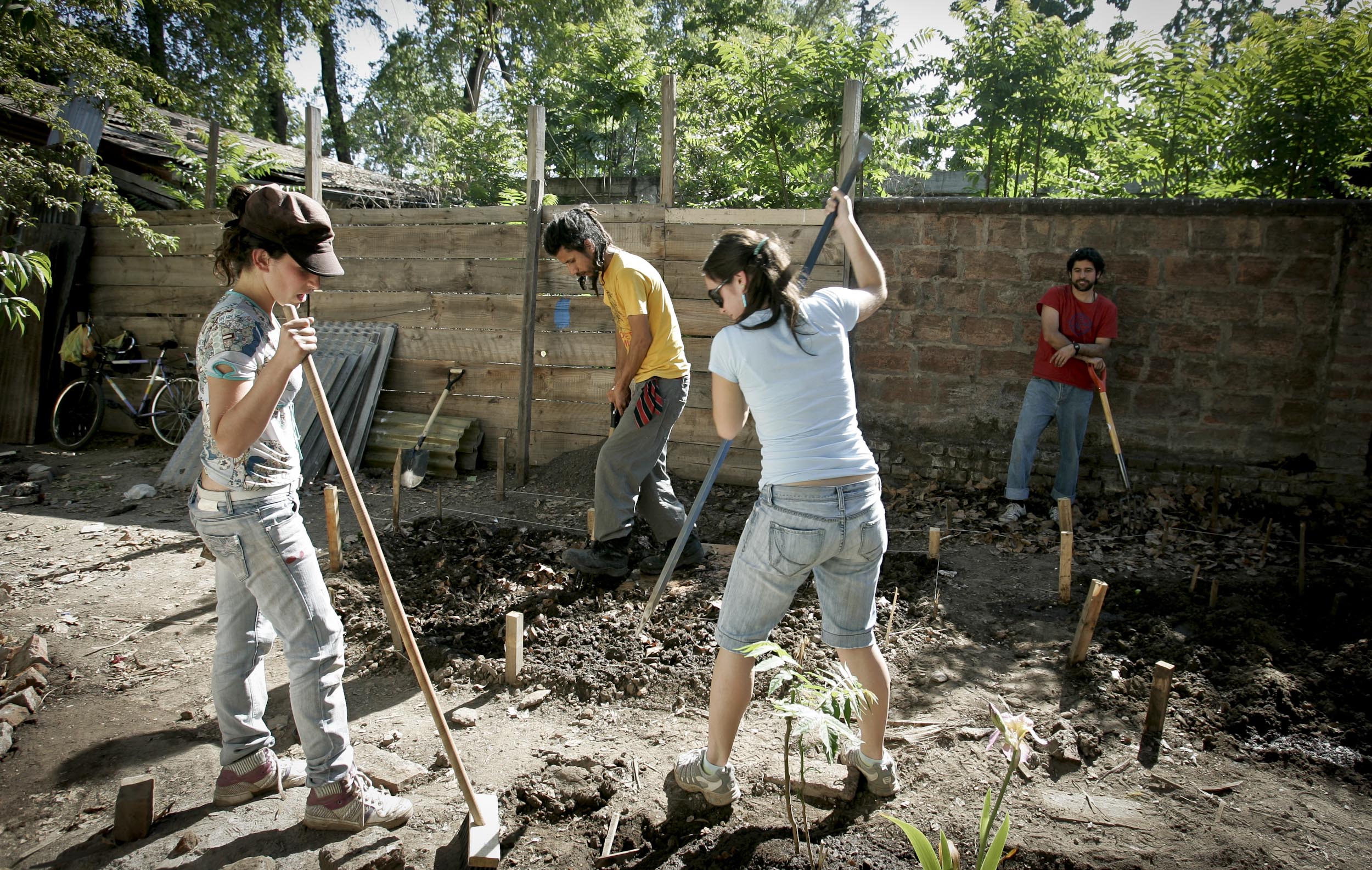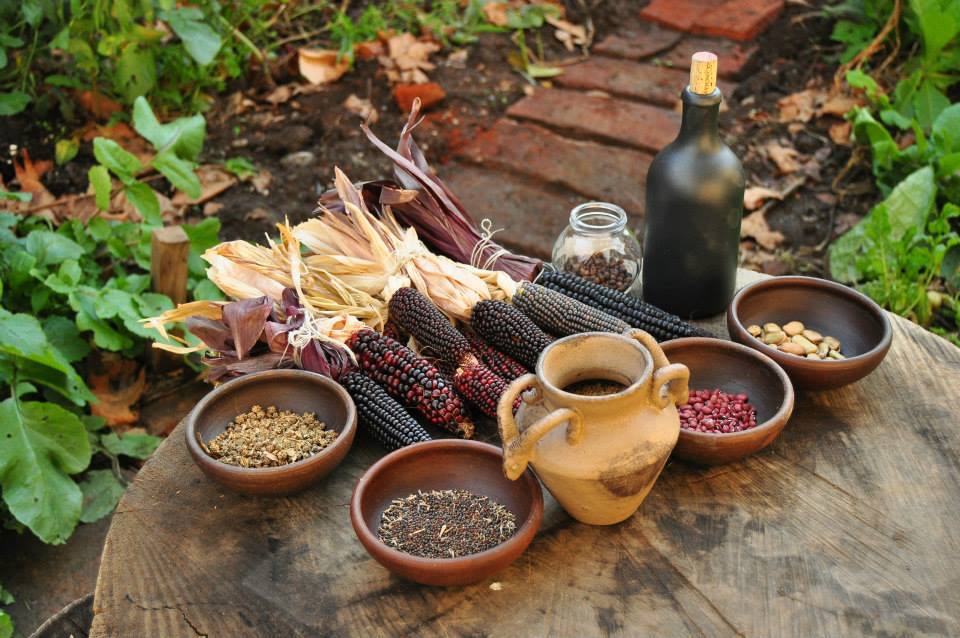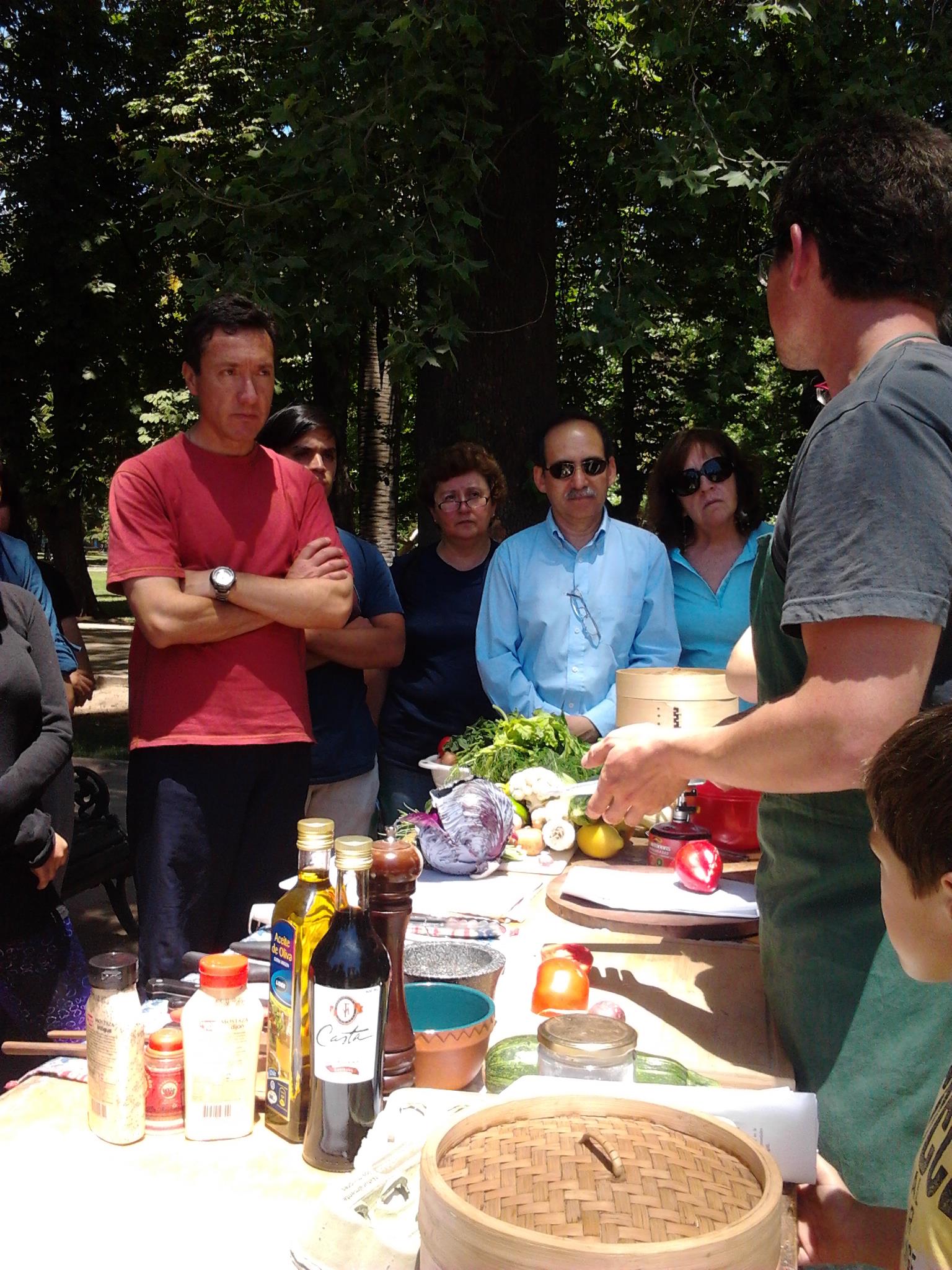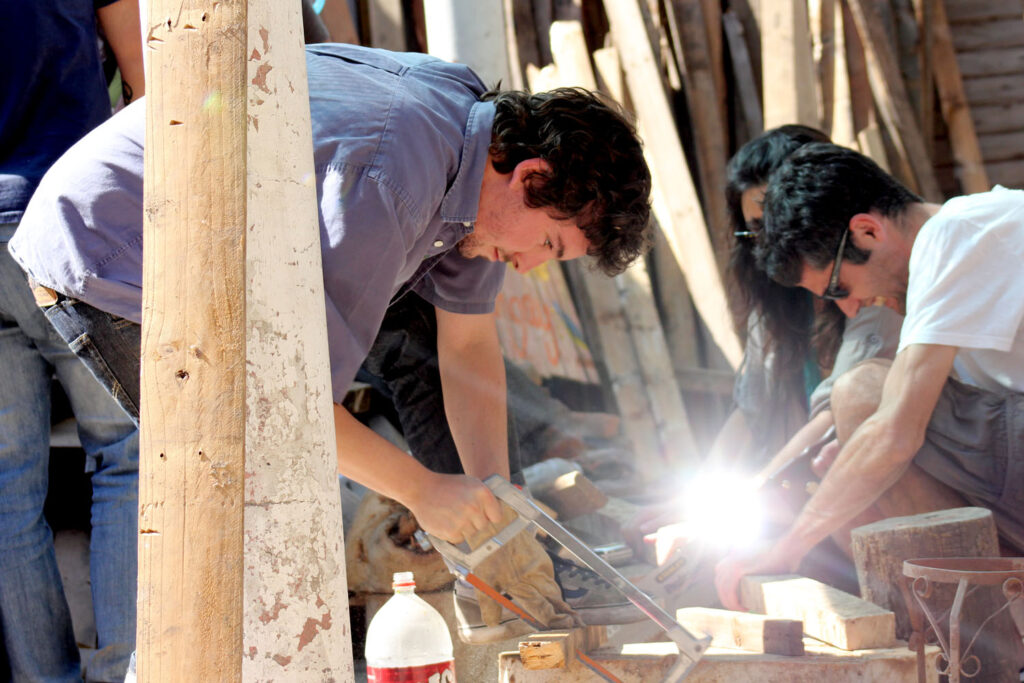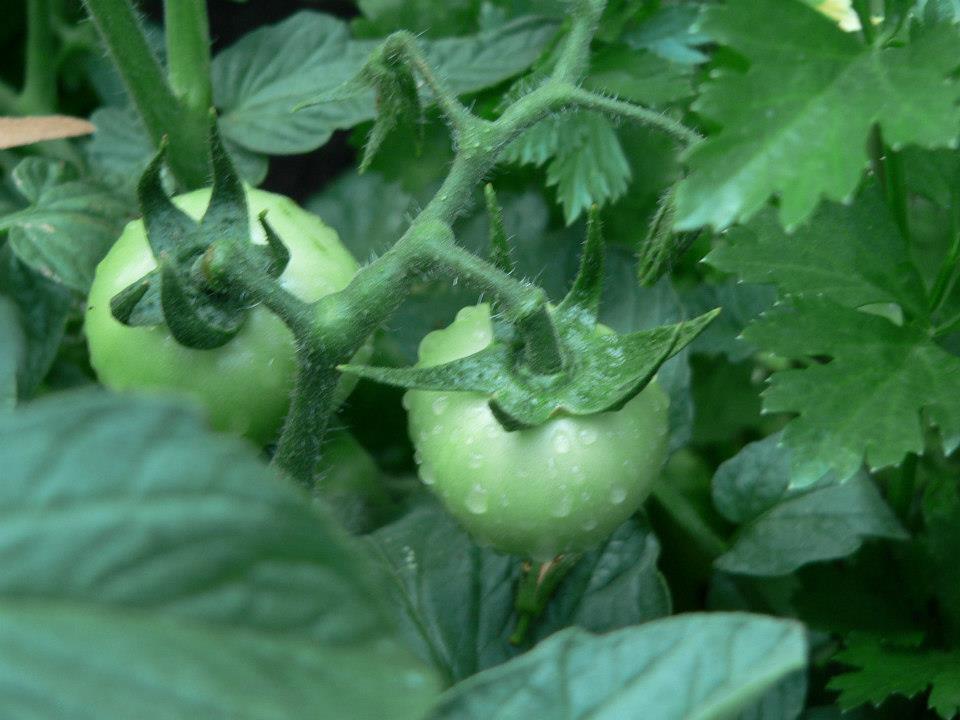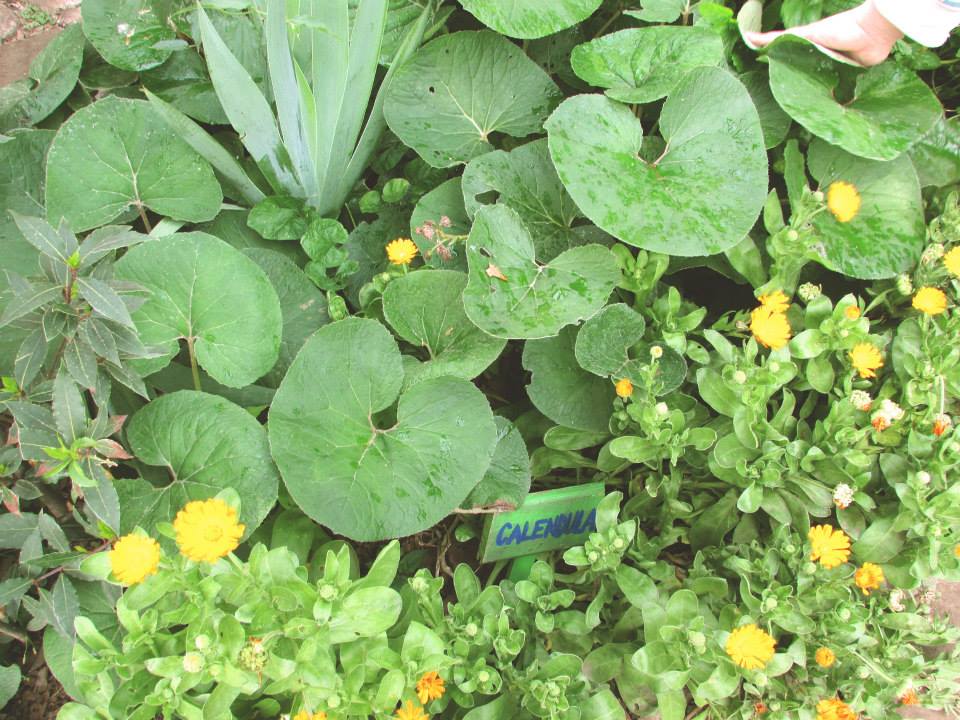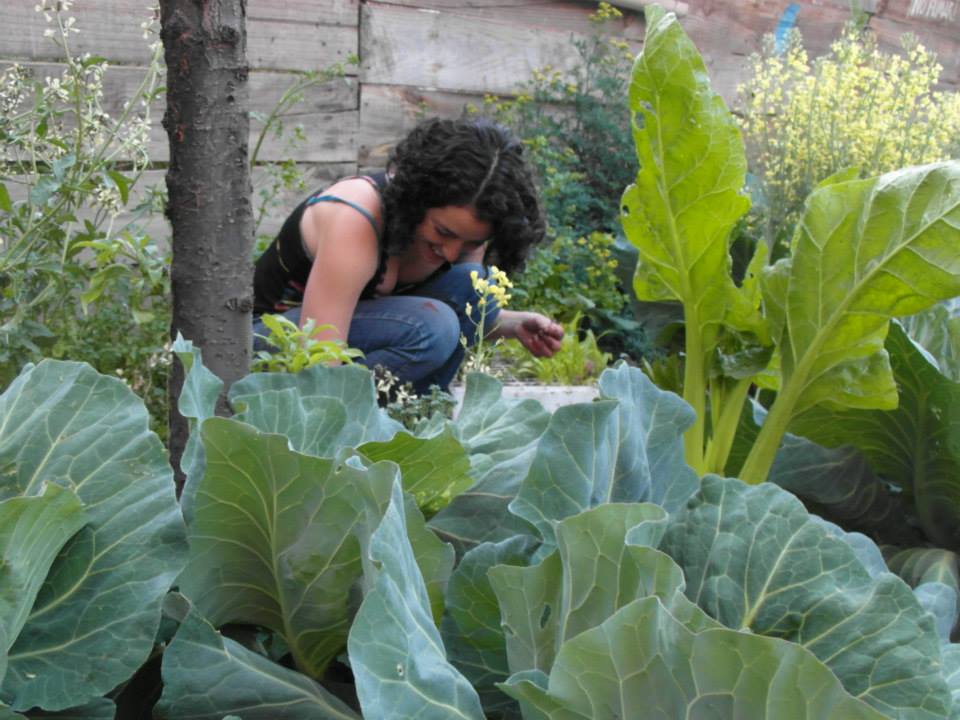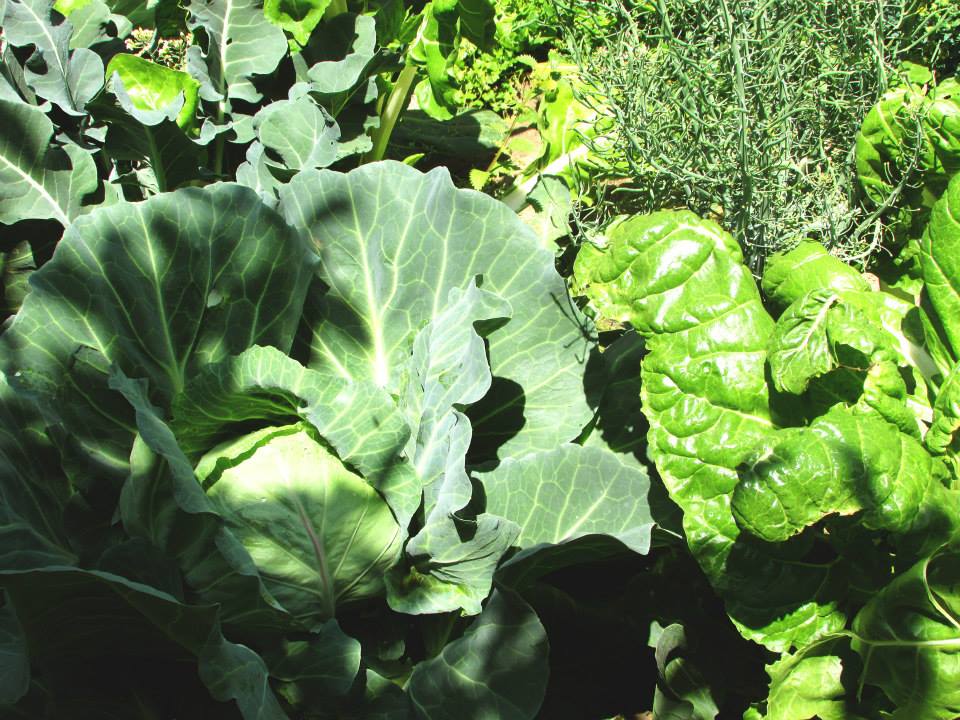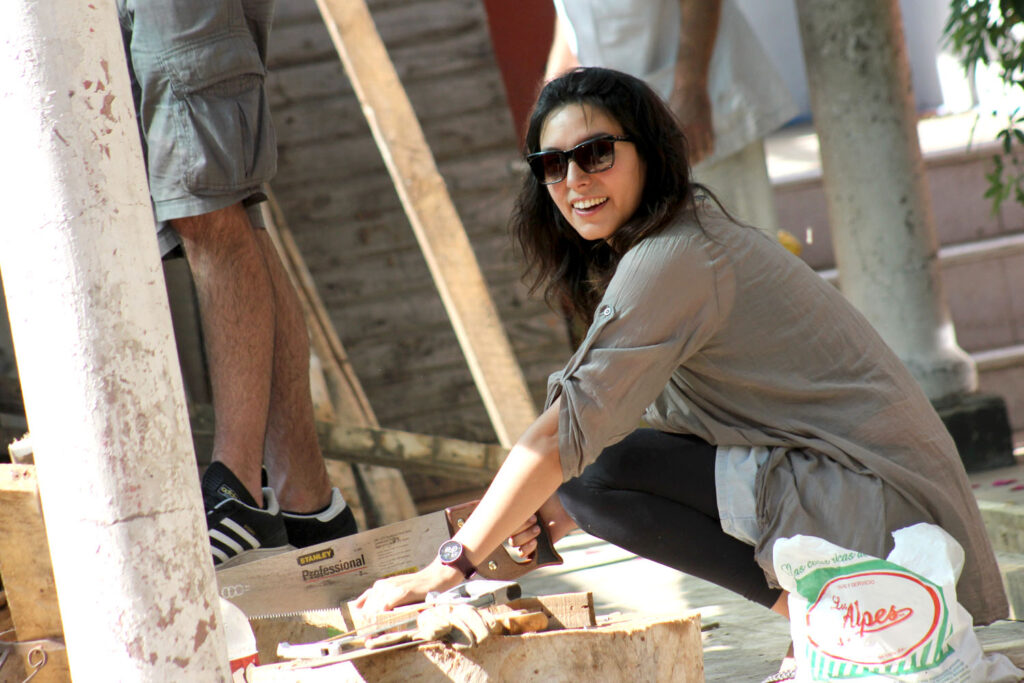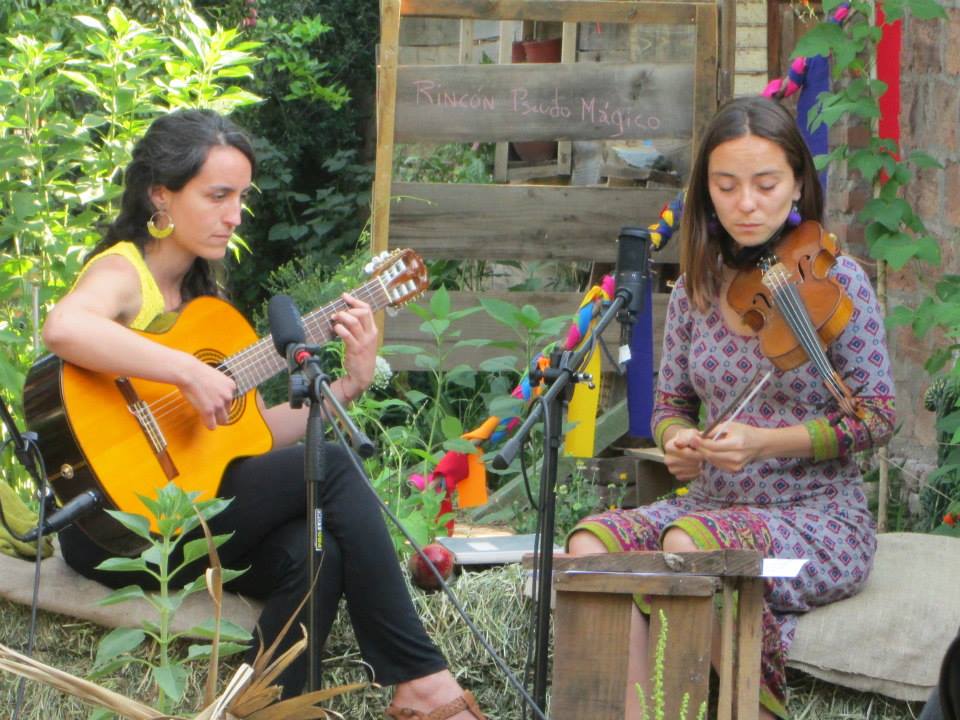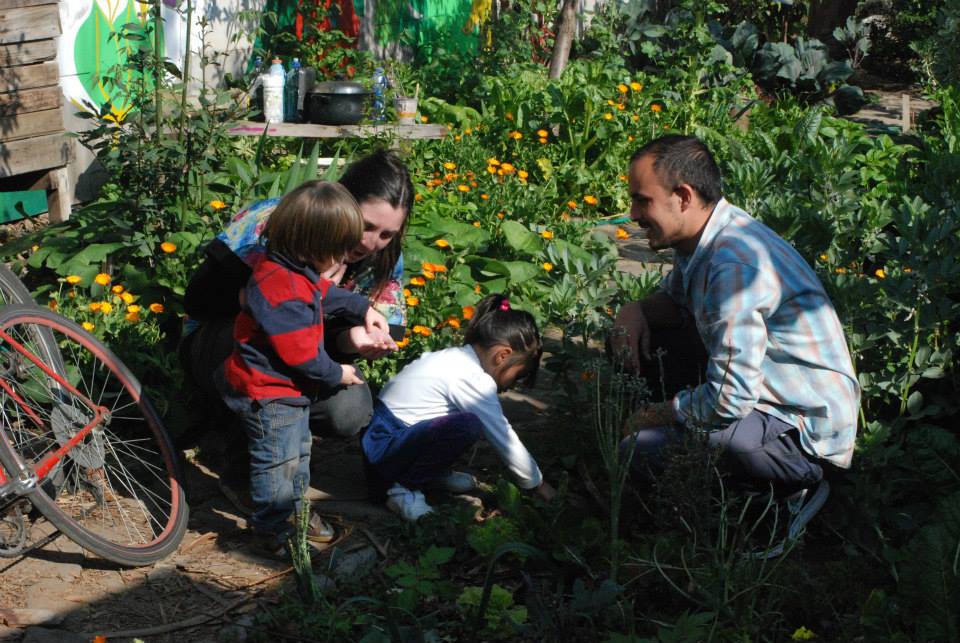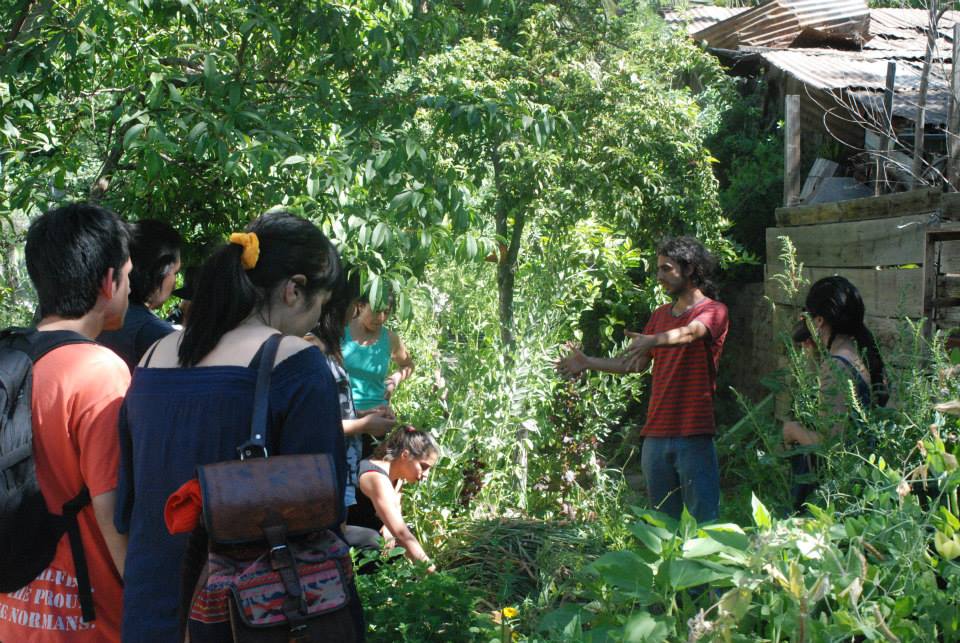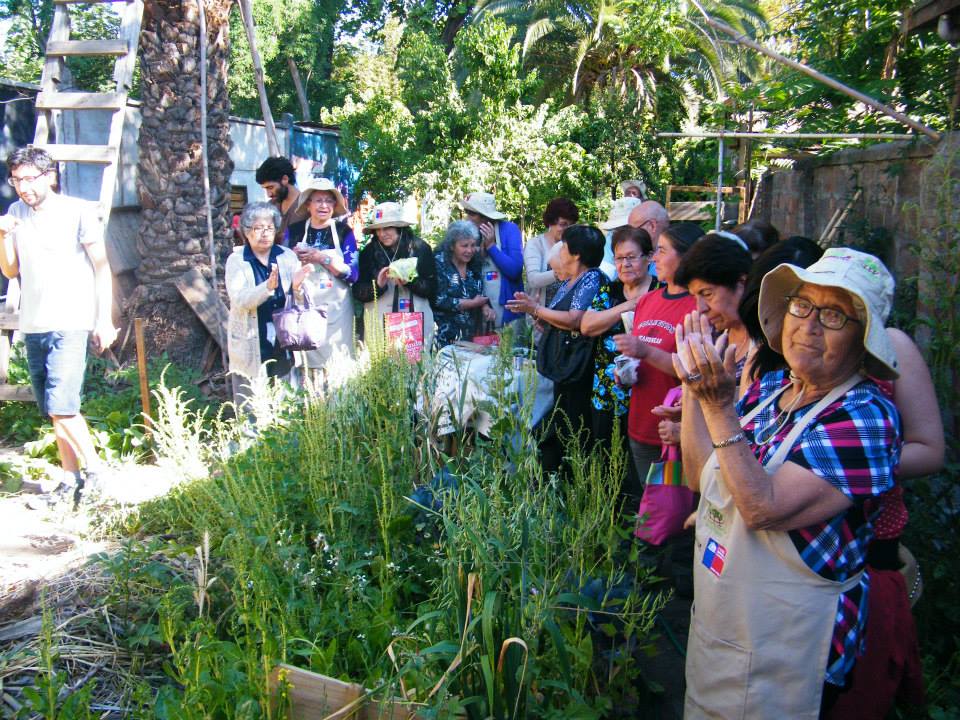Model community garden in the traditional Barrio Yungay, Santiago de Chile. Developed joint to the organizations Cultivos Urbanos, BiohuertoUC, Fundación Patrimonio Nuestro and with the sponsorship of the Municipality of Santiago.
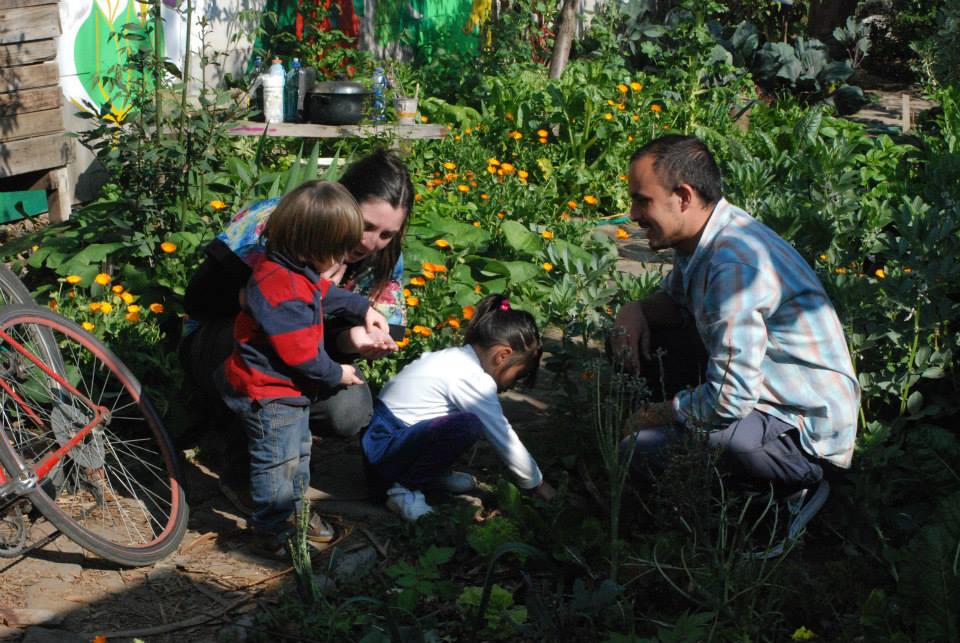
Year: 2011
Role: General Coordinator
Team: NGO Cultivos Urbanos
Partners: BiohuertoUC, Fundación Patrimonio Nuestro, Municipality of Santiago.
The importance of agriculture in urban environments lies in its possibility of being an effective alternative to develop sustainability in the city. Through the practice of urban agriculture, the aim is to incorporate the generation of ecosystem services into the anthropized space (the city). In the context of a rapid urbanization, the pressure on ecosystems is growing, which puts the quality of human life and that of other species at risk.
On the other hand, from a sociocultural perspective, it is considered that the current paradigm of city development -which does not contemplate its relationship with the environment- is turning out to be unsustainable. Indeed, the environmental problems associated with the city’s way of life are increasing, forcing the search for new paradigms, new development alternatives to rebuild a new relationship between the environment and the citizens, actively incorporating them in the production of ecosystem services.
An instrument that was born in response to this socio-environmental context is urban agriculture. Its eventual contributions reflect a powerful tool towards sustainability, highlighting among them: the production of healthy food, the assimilation of waste, the generation of energy, the strengthening of green areas, environmental education, the recovery of degraded spaces, the strengthening of community ties, the improvement of employability, the reduction of economic dependence, the construction of meaning with the environment, among others. The project Yungay Community Garden aims to be a contribution to the neighborhood and its quality of life, seeking to encourage the promotion of urban agriculture, replicating knowledge and skills for this practice, with the purpose of empowering citizens with active participation tools. for the construction of agricultural spaces.
